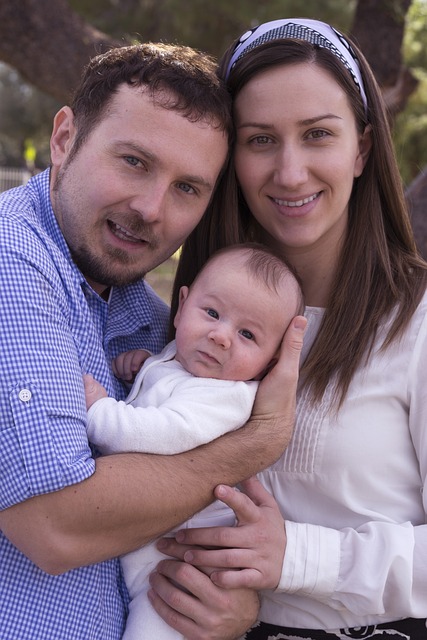Surrogacy is a type of third-party assisted reproductive technology (ART). In this procedure, sincere involvement in the medical process is the utmost requirement from both the surrogate and intended parents to obtain a successful result.
Following are some activities one needs to do during surrogacy planning:
- Finding a surrogacy attorney and negotiating a contract by state laws
- Finding a fertility clinic
- Coordinating with those professionals, as well as with the hospital where the selected surrogate plans to deliver
- Managing the relationship with the surrogate, including talking about and handling finances
- Handling health insurance for oneself, surrogate, and delivering children
- Finding appropriate counseling services for intended parents and surrogate
Intended parents are concerned about the following safety aspects:
Emotional Safety
Although intentional parents may not have the same experience with prenatal connections with their new children, there are many things you can do to prepare for the emotional transition of a child and ensure that you are ready to build healthy relationships.
Emotional issues for intended parents may include:
- Post-surrogacy depression, which is similar to postpartum depression
- Feeling out of control during the surrogacy process because you are not carrying your baby
- Worrying that you won’t easily bond with your baby
- Dealing with grief related to infertility or your baby not being genetically related to you
• Jealousy toward the surrogate
Medical Safety
- Egg retrieval (if an intended mother is using her own eggs for IVF)
- Hormone treatments (if an intended mother is using her own eggs for IVF)
Legal security
A lot of intended parents choose surrogacy after years of being unable to conceive. It is great for deliberate guardians to go through a course of grieving before their youngster is conceived. The inability to have a child has already caused deliberate parents a great deal of grief. They want surrogacy to work for them because of their many setbacks, and a successful treatment outcome can easily frustrate them.
Final Thoughts
The mental stress level is quite high for intended parents due to their inability to natural conception, along with these stringent rules and regulations and tedious clinical procedures involved in surrogacy. Therefore based on the above requirements, intended parents have the following expectations for a hassle-free surrogacy journey.
- Guidance through every step of the process, including help with health insurance administration, paperwork, financial management, and more.
- Finding a surrogate that matches with intended parents’ requirements.
- Proper screening of all prospective surrogates for intended parents
- Help to complete the process even if intended parents already have matched future surrogates.
- Reference of intended parents to trusted attorneys and clinics that intended parents will need to handle the medical and legal steps.
- Coordination with those professionals so that intended parents only need to have one primary point of contact.
- Counseling to intended parents and surrogates, as well as match mediation.

Ravi Sharma is a self-motivated, successful entrepreneur and has a solid experience in the fertility segment. and he is the director at ARTbaby Global (ARThealthcare). He is a pharmacy graduate with post-graduation in business administration and has 14 years of rich experience in the field of infertility segment. He loves to write about IVF, Surrogacy, and other ART (assisted reproductive technology) news, issues, and updates. He is a Pharmacy graduate (B. Pharm) and M.B.A (marketing).
His most recent success includes the successful launch of the medical tourism company, ARTbaby, which offers treatment options for infertility, egg donation, and surrogacy. He likes spending time with his family and writing about various aspects of IVF surrogacy and donating eggs.

